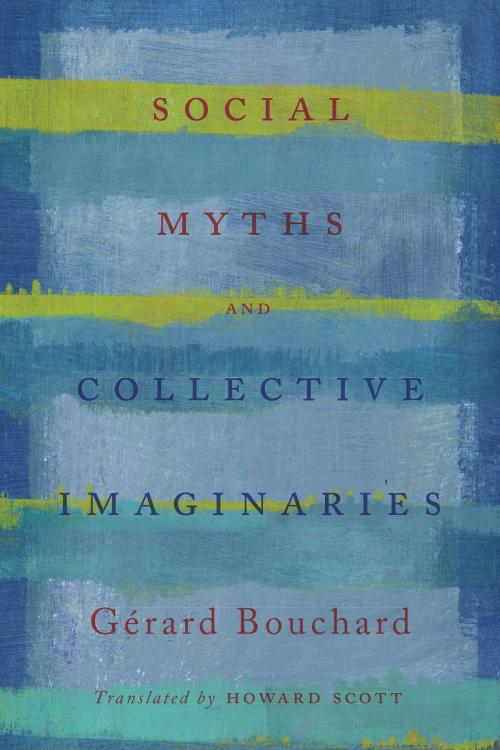Social Myths and Collective Imaginaries
Nonfiction, Social & Cultural Studies, Political Science, International, Foreign Legal Systems, Social Science, Anthropology, Sociology| Author: | Gerard Bouchard, Les Editions du Boreal | ISBN: | 9781442625747 |
| Publisher: | University of Toronto Press, Scholarly Publishing Division | Publication: | January 23, 2017 |
| Imprint: | Language: | English |
| Author: | Gerard Bouchard, Les Editions du Boreal |
| ISBN: | 9781442625747 |
| Publisher: | University of Toronto Press, Scholarly Publishing Division |
| Publication: | January 23, 2017 |
| Imprint: | |
| Language: | English |
Myths are commonly associated with illusions or with deceptive, dangerous discourse, and are often perceived as largely the domain of premodern societies. But even in our post-industrial, technologically driven world, myths – Western or Eastern, ancient or modern, religious or scientific – are in fact powerful, pervasive forces.
In Social Myths and Collective Imaginaries, Gérard Bouchard conceptualizes myths as vessels of sacred values that transcend the division between primitive and modern. Myths represent key elements of collective imaginaries, past and present. In all societies there are values and beliefs that hold sway over most of the population. Whether they come from religion, political institutions, or other sources, they enjoy exalted status and go largely unchallenged. These myths have the power to bring societies together as well as pull them apart. Yet the study of myth has been largely neglected by sociologists and other social scientists. Bouchard navigates this uncharted territory by addressing a number of fundamental questions: What is the place of myth in contemporary societies and in the relations between the cultural and the social? How do myths take form? From what do they draw their strength? How do they respond to shifting contexts?
Myths matter, Bouchard argues, because of the energy they unleash, energy that enables a population to mobilize and rally around collective goals. At the same time myths work to alleviate collective anxiety and to meet the most pressing challenges facing a society. In this bold analysis, Bouchard challenges common assumptions and awakens us to the transcendent power of myth in our daily lives and in our shared aspirations.
Myths are commonly associated with illusions or with deceptive, dangerous discourse, and are often perceived as largely the domain of premodern societies. But even in our post-industrial, technologically driven world, myths – Western or Eastern, ancient or modern, religious or scientific – are in fact powerful, pervasive forces.
In Social Myths and Collective Imaginaries, Gérard Bouchard conceptualizes myths as vessels of sacred values that transcend the division between primitive and modern. Myths represent key elements of collective imaginaries, past and present. In all societies there are values and beliefs that hold sway over most of the population. Whether they come from religion, political institutions, or other sources, they enjoy exalted status and go largely unchallenged. These myths have the power to bring societies together as well as pull them apart. Yet the study of myth has been largely neglected by sociologists and other social scientists. Bouchard navigates this uncharted territory by addressing a number of fundamental questions: What is the place of myth in contemporary societies and in the relations between the cultural and the social? How do myths take form? From what do they draw their strength? How do they respond to shifting contexts?
Myths matter, Bouchard argues, because of the energy they unleash, energy that enables a population to mobilize and rally around collective goals. At the same time myths work to alleviate collective anxiety and to meet the most pressing challenges facing a society. In this bold analysis, Bouchard challenges common assumptions and awakens us to the transcendent power of myth in our daily lives and in our shared aspirations.















